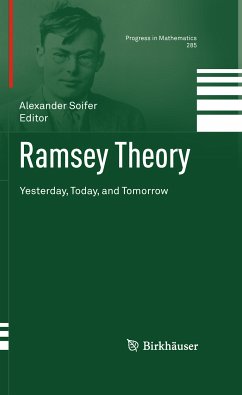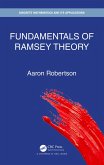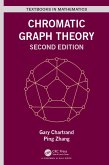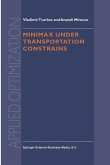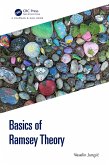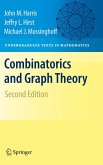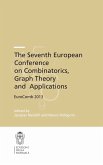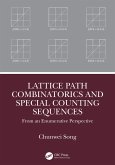Ramsey theory is a relatively "new," approximately 100 year-old direction of fascinating mathematical thought that touches on many classic fields of mathematics such as combinatorics, number theory, geometry, ergodic theory, topology, combinatorial geometry, set theory, and measure theory. Ramsey theory possesses its own unifying ideas, and some of its results are among the most beautiful theorems of mathematics. The underlying theme of Ramsey theory can be formulated as: any finite coloring of a large enough system contains a monochromatic subsystem of higher degree of organization than the system itself, or as T.S. Motzkin famously put it, absolute disorder is impossible.
Ramsey Theory: Yesterday, Today, and Tomorrow explores the theory's history, recent developments, and some promising future directions through invited surveys written by prominent researchers in the field. The first three surveys provide historical background on the subject; the last three address Euclidean Ramsey theory and related coloring problems. In addition, open problems posed throughout the volume and in the concluding open problem chapter will appeal to graduate students and mathematicians alike. Contributors: J. Burkert, A. Dudek, R.L. Graham, A. Gyárfás, P.D. Johnson, Jr., S.P. Radziszowski, V. Rödl, J.H. Spencer, A. Soifer, E. Tressler.
Dieser Download kann aus rechtlichen Gründen nur mit Rechnungsadresse in A, B, BG, CY, CZ, D, DK, EW, E, FIN, F, GR, HR, H, IRL, I, LT, L, LR, M, NL, PL, P, R, S, SLO, SK ausgeliefert werden.

